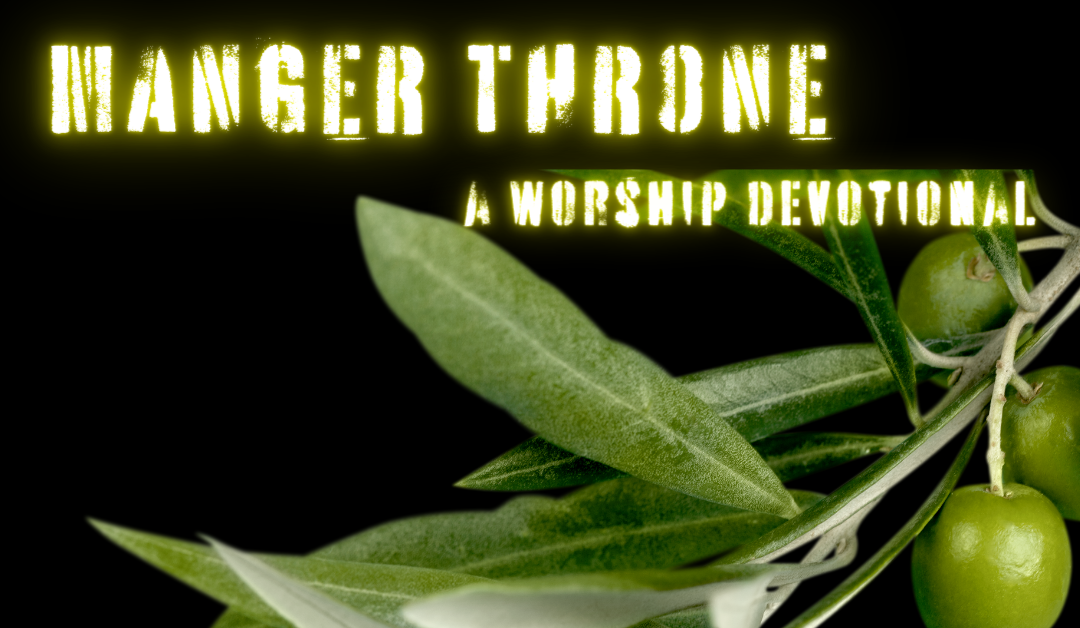
Christ and the Angels: Higher than the Angels
In Hebrews 1:4-14: we see how Christ is higher than the angels:
In verse 4 we read that Christ has, by inheritance, obtained a much greater name, a more excellent name.
In Ephesians we read the following:
Ephesians 1:19-22: (KJV)
“And what is the exceeding greatness of his power to us-ward who believe, according to the working of his mighty power, Which he wrought in Christ, when he raised him from the dead, and set him at his own right hand in the heavenly places, Far above all principality, and power, and might, and dominion, and every name that is named, not only in this world, but also in that which is to come: And hath put all things under his feet, and gave him to be the head over all things to the church…”
Peter, before the council of Jewish elders and rulers, in Acts 4:12: states that there is no other name in Heaven or on Earth by which to be saved – that the name of the Lord Christ Jesus is the name of Salvation.
Reading this we realize that His name is the only name, and the most excellent name, that there is no other name worthy of exaltation and glorification – no other name than Jesus.
Christ is often called the Son of God, as He is from the Father. None of the angels have the privilege of being called the Son of God, and none of the angels share in this glory. Later on we read that Christ is like a Son in His house – meaning He has dominion and authority. The angels have no authority except where God allows it, but Christ – having the name above every name – has total dominion. (Verses 5-6)
And then we read (In verse 6) that when God brings the Firstbegotten, Jesus, into the world He says – Let all the angels of God worship Him.
In Psalm 18:3: David writes:
“I will call upon the LORD, who is worthy to be praised: so shall I be saved from mine enemies.”
Earlier we read that there is only one name! One name through which we have our redemption, our salvation, our freedom – and that is the name of Christ! Jesus Christ, being God, is worthy of all the praise and honor, worthy of all exaltation and adoration, magnification and glory! Christ is worthy!
The angels bow before His throne, and worship Him.
Who makes His angels spirits and His ministers a flame of fire? In verse 7 and 14 we are taught that angels are ministering spirits – that they are sent forth to minister to those who will inherit salvation.
In Psalm 91:11-12: we read –
“For he shall give his angels charge over thee, to keep thee in all thy ways. They shall bear thee up in their hands, lest thou dash thy foot against a stone.”
God commands His angels concerning us – to guard us in all our ways – to keep us from harm – but they are not Mighty to Save. They cannot save us from death and sin and disease. God uses them to minister to us – that is true – but Christ is salvation and healing and freedom! Christ is the one and only High Priest and King.
Finally, in verse 14 we read that the angels are but ministering spirits sent forth to minister to those who will inherit salvation.
Easton’s Bible Dictionary (Easton, 1897) has the following to say about angels:
“a word signifying, both in the Hebrew and Greek, a “messenger,” and hence employed to denote any agent God sends forth to execute his purposes. It is used of an ordinary messenger (Job 1:14: 1 Sam. 11:3; Luke 7:24; 9:52), of prophets (Isa. 42:19; Hag. 1:13), of priests (Mal. 2:7), and ministers of the New Testament (Rev. 1:20). It is also applied to such impersonal agents as the pestilence (2 Sam. 24:16, 17; 2 Kings 19:35), the wind (Ps. 104:4). But its distinctive application is to certain heavenly intelligences whom God employs in carrying on his government of the world. The name does not denote their nature but their office as messengers.”
As an example we will read from Luke 2:8-10:
“And there were in the same country shepherds abiding in the field, keeping watch over their flock by night. And, lo, the angel of the Lord came upon them, and the glory of the Lord shone round about them: and they were sore afraid. And the angel said unto them, Fear not: for, behold, I bring you good tidings of great joy, which shall be to all people.”
Angels are agents of God’s providence – that is to say – His intervention. They are messengers called to carry out God’s redemptive work – not His work of total redemption, but to minister to those in need and danger – to deliver God’s children from afflictions and tribulations.
This being said – it is of utmost importance that their ministry greatly differs from the redemptive ministry of Christ. Their call is to minister to those who will inherit salvation.
Hebrews 1:14:
“Are they not all ministering spirits, sent forth to minister for them who shall be heirs of salvation?” (Emphasis own)
And also, we read in Zephaniah 3:17:
“The LORD thy God in the midst of thee is mighty; he will save, he will rejoice over thee with joy; he will rest in his love, he will joy over thee with singing.” (Emphasis own).
Christ is the mighty one who will save! The angels minister to those who will inherit salvation, but Christ is salvation.
Reflect:
1. Angelic encounters can take many forms. Are there any stories from your life – either lived or heard – where you have encountered anything resembling an angelic encounter? How did this affect your faith?
2. If the angels are created as ministering spirits to minister to those who will inherit salvation, what are some of the ways in which they interact with humanity? What scriptural references can we employ to lead us to a deeper understanding of how they perform their function?
3. If we think of the office of the angels in terms of the quote from Easton’s Bible Dictionary, that an ‘angel’ could refer to a person of flesh and bone (eg. a prophet, a priest, or any other agent of God’s providence – as also the intention behind John’s use of the word in his Revelation), how can we ‘assist’ the angels in their work as the hands and feet of God? What insight can we glean for use in our servanthood from the Biblical example of the angels?
Prayer:
Lord, as I think about what You did for me through Jesus Christ upon the Cross, let me employ all of my faculties, with renewed vigour, towards paying it forward. Let me learn from the example of the angels and be like a flame of fire to those around me – offering warmth, protection and light to the weary and burdened. Let me minister to those who would inherit salvation – let me be a beacon of hope, love and life everlasting – an agent of your divine providence. Let Your Name, high and lifted up, be as sweet as honey upon my lips – and may my life lead others to join the angels around your throne in worship. Give Your Heavenly Host command regarding me, oh Lord, so that I might not dash my foot against the stones, and keep me on the path of Your righteousness, for Your Name’s Sake. In Jesus Name. Amen.




